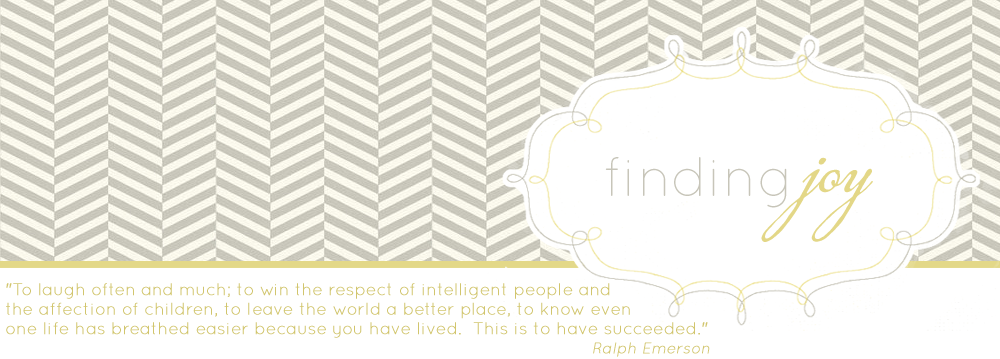[...]
Creating Weakness
 "You may have heard the story of the little boy who watched a butterfly
struggling to emerge from its chrysalis. He felt sorry that the butterfly had
to struggle and thought he would help by opening the chrysalis. The butterfly
fluttered a few feet, then drifted to the ground and died because it did not
have the muscle strength to keep flying – strength that would have been
developed through its struggle to leave the chrysalis. This struggle to learn
and grow is built into the life story of most of the animal kingdom for a very
good reason. It is meant to be built into the human story as well. How often do
we take the role of the little boy and rescue our children from struggles that
will help them build the strength they need to handle the even bigger struggles
they will certainly encounter in their lives? And why do we do it? These
questions will be answered in greater detail in later chapters, but a simple
answer is that even the most loving parents lack knowledge about the long‐range
effects of what they do.
"You may have heard the story of the little boy who watched a butterfly
struggling to emerge from its chrysalis. He felt sorry that the butterfly had
to struggle and thought he would help by opening the chrysalis. The butterfly
fluttered a few feet, then drifted to the ground and died because it did not
have the muscle strength to keep flying – strength that would have been
developed through its struggle to leave the chrysalis. This struggle to learn
and grow is built into the life story of most of the animal kingdom for a very
good reason. It is meant to be built into the human story as well. How often do
we take the role of the little boy and rescue our children from struggles that
will help them build the strength they need to handle the even bigger struggles
they will certainly encounter in their lives? And why do we do it? These
questions will be answered in greater detail in later chapters, but a simple
answer is that even the most loving parents lack knowledge about the long‐range
effects of what they do.Knowledge (and Lack Thereof)
The little boy would not have followed his emotions if he had understood that he was hurting rather than helping the butterfly. Much of what we do is due to lack of knowledge – another key to unlocking the mystery of loving too much. We don’t know
of any parents who would rescue or overprotect their children if they truly understood that they are doing more harm (in the name of love) than good.
We know that parents who “love too much” have very good intentions. However, they may not be aware that their loving intentions do not produce the results they hope for. Their children may be missing opportunities to learn to truly value themselves (instead of feeling loved only when they are pampered), and to value others (instead of loving only those who are willing to pamper them). Too many parents do not realize that when they overprotect and/or rescue their children (to protect them from difficult situations and hurt feelings); they are leading their children to develop the belief that they are not capable, resilient problem‐solvers." [...]

0 comments:
Post a Comment